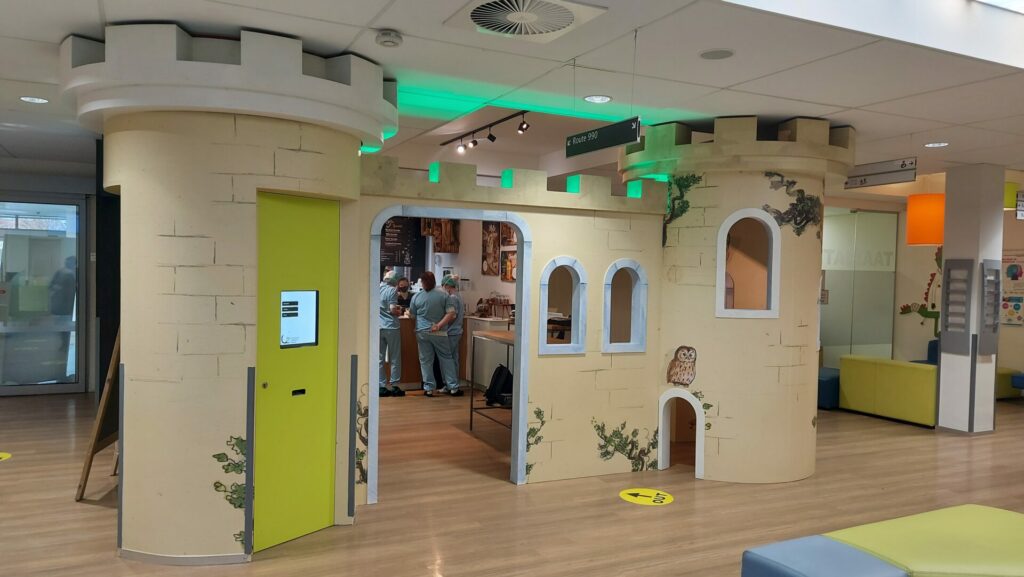The children's hospital at UZ Brussels University Hospital, the "Kidz Health Castle," became the first paediatric obesity centre in Belgium to be recognised by the European Association for the Study of Obesity (EASO) as one of the Collaborating Centres for Obesity Management Paediatric Section.
The prevalence of overweight and obesity among children and adolescents aged 5-19 years has risen from just 4% in 1975 to just over 18% in 2016. Globally, the number of people suffering from obesity has tripled since 1975, according to the World Health Organisation (WHO), which has since also recognised it as a chronic disease.
"Once a child is obese, the chance that it disappears spontaneously is very small, and the child has a very high chance of remaining obese in adulthood. So a child does not just grow out of it," professor Inge Gies, head of the Kidz Health Castle department and responsible for the children's obesity clinic, said in a press release.
"The first 1,000 days of life are very decisive for fat cell programming, and this has an impact on the rest of life. Hence the great importance of an early approach," she added.
"Up to 20% of obese children already show complications of increased weight at an early age (such as elevated cholesterol, high blood pressure, fatty liver). The psychosocial component should not be overlooked either: a third of obese children are bullied, for example."
Related News
- New website provides overweight people with accessibility information
- Post-pandemic eating disorders on the rise in Belgian youth
- Tighter advertising regulation needed to tackle child obesity, says health agency
The European Association for the Study of Obesity is a leading European organisation pooling expertise on obesity research and policy.
From now on, as the only Belgian paediatric obesity centre, the Kidz Health Castle will be part of the EASO's "Collaborating Centres for Obesity Management" (COMs), a network of accredited multidisciplinary treatment centres from across Europe.
The accreditation is valid for three years and confirms the "international expertise" of UZ Brussel. It also opens the door to innovative research and policies for the treatment of obesity at the European level.
"This recognition puts us at the forefront of the development of new research and new treatments. Few healthcare providers today see obesity as a disease. It still happens that patients are not taken seriously when they say they cannot manage to lose weight," Gies said.
"With this accreditation, we are signalling not only to fellow doctors but also to the industry and patients that we take obesity seriously and are collaborating to find and work on good treatments."

